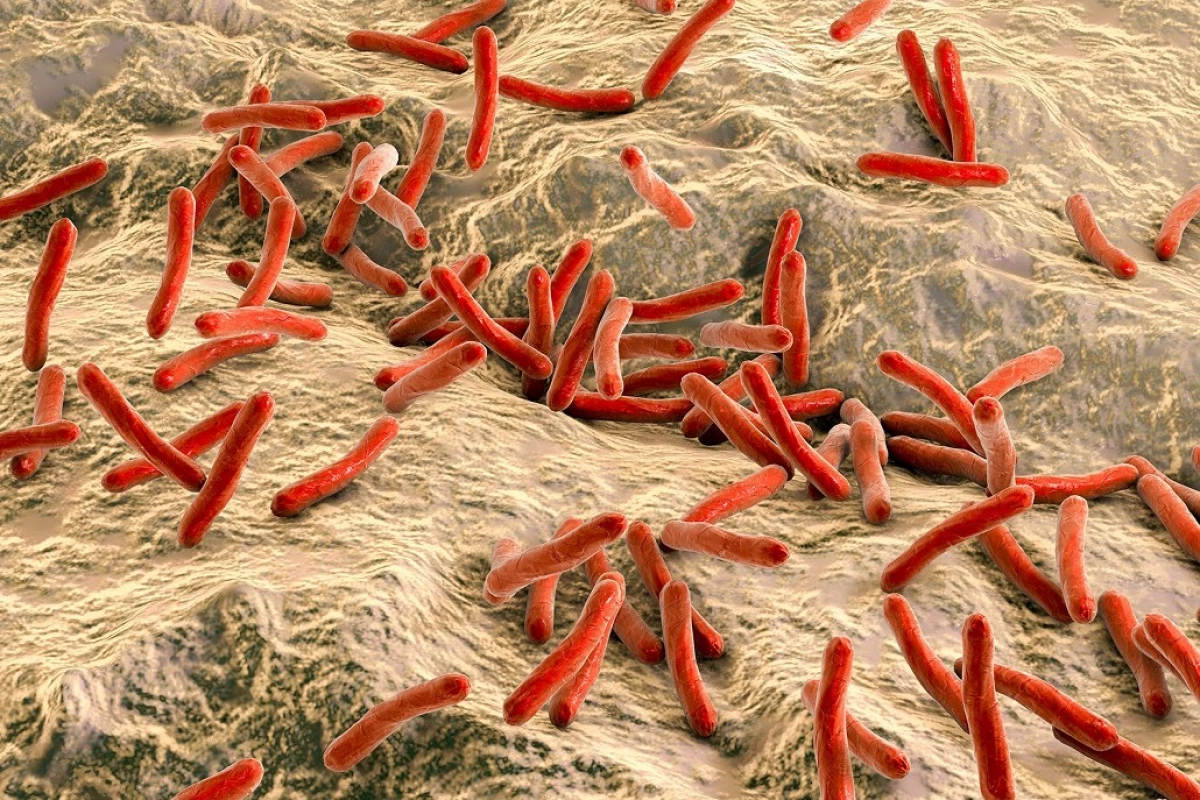
Work is published in American Journal of Human Genetics. Over the past few hundred and thousands of years, people experienced not only climate change, but also all sorts of pandemics, including tuberculosis, plague and Spanish flu. At the same time, the Tuberculosis caused by Mycobacterium tuberculosis remains one of the main causes of infectious nature mortality all over the world (according to WHO, more than 1.5 million people die from it).
This infection is generally considered one of the most deadly in history - over the past two thousand years more than one billion people died from her. However, the nature and pace of exposure to the koche sticks on us remain unknown. Scientists from the Institute of Pasteur and the University of Paris (France) analyzed the data of population genetics in order to understand how natural selection influenced its formation.
Recent studies have shown that the version of the TYK2 gene, called P1104A, is associated with an increased risk of the disease after infection with a koch wand. Using a large set of data from more than a thousand European genomes of an ancient man, scientists found that the option of P1104a for the first time appeared over 30 thousand years ago and occurred from the general ancestors of the inhabitants of Western Eurasia.
Further analysis showed that the frequency of this option sharply decreased about two thousand years ago. It is just that time when modern forms of mycobacterium tuberculosis strains began to prevail. The authors of the study found out that in the Bronze Age, the P1104A gene variant was more common than today. And it was probably due to the increased incidence of tuberculosis in people of that time.
After large-scale migrations of Anatolian Neolithic farmers and Eurasian steppers to Europe over the past ten thousand years, the P1104A frequency was noticeably fluctuated. But about two thousand years ago, a sharp negative selection began, which reduced the spread of the variant of this gene by about 20 percent, which can be called one of the most notable influences of this kind on the human genome.
Source: Naked Science
